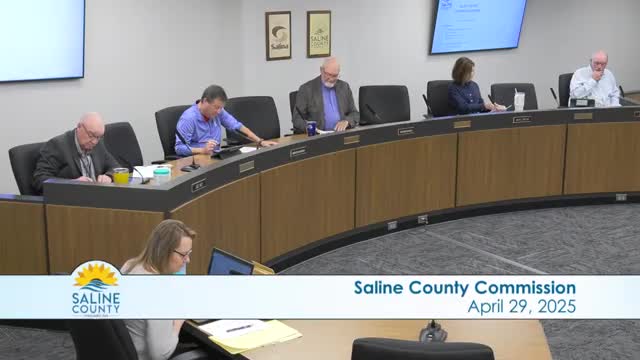Article not found
This article is no longer available. But don't worry—we've gathered other articles that discuss the same topic.
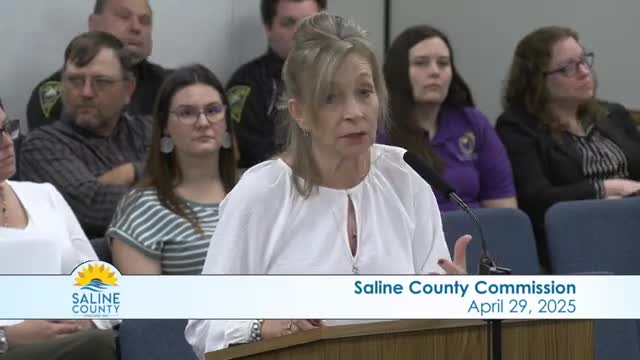
Saline County Conservation District requests $26,000 for 2025; outlines education and cost-share work
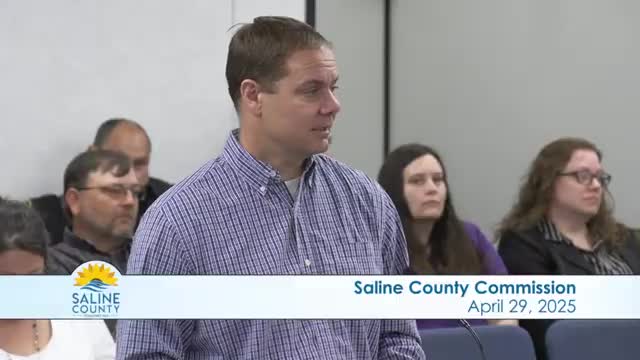
Senior Services reports record meals and fundraising gains; seeks grants for building work
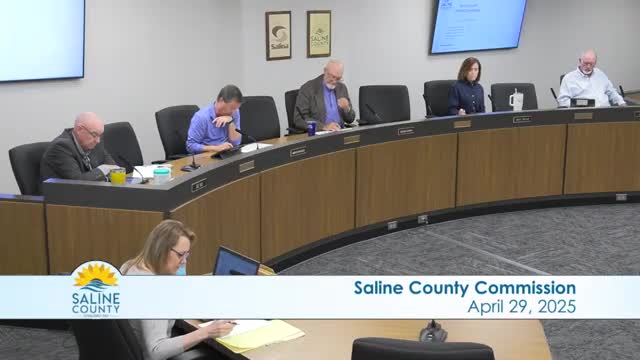
Community Corrections reports software changes, staffing and training; awaiting KDOC program-review schedule
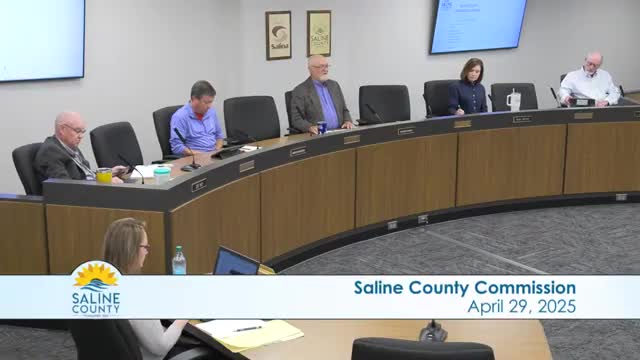
City of Salina seeks continued county support for drive-through recycling center
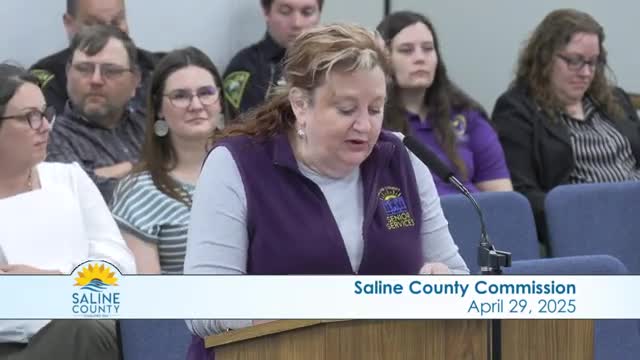
United Way asks county for $40,000 to shore up early-childcare wages; reports slot and wage gains
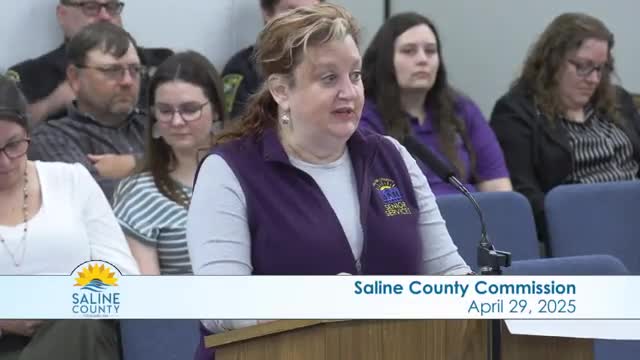
Central Kansas Mental Health seeks 4% county funding increase and details crisis-service expansions
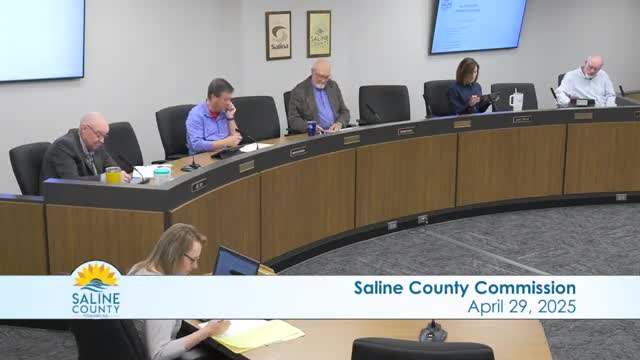
County accepts $4,800 KDHE grant to expand residential well testing
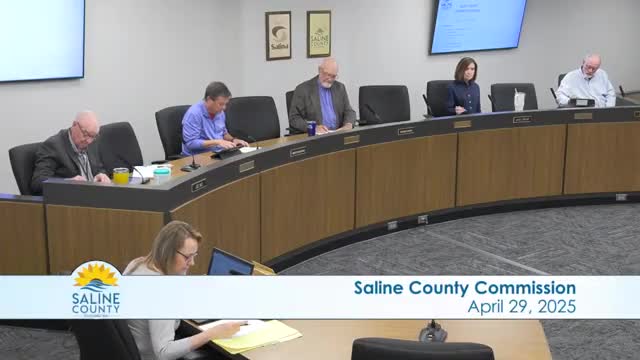
County awards noxious-weed chemical purchase to Van D Supply; budgeted $90,000
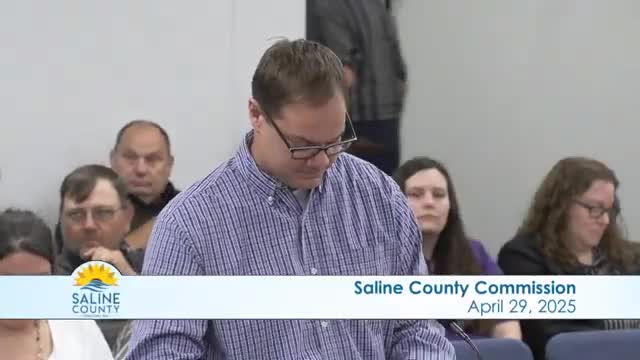
County approves crack-seal and chip-seal contracts and converts federal transportation funds to state funds
